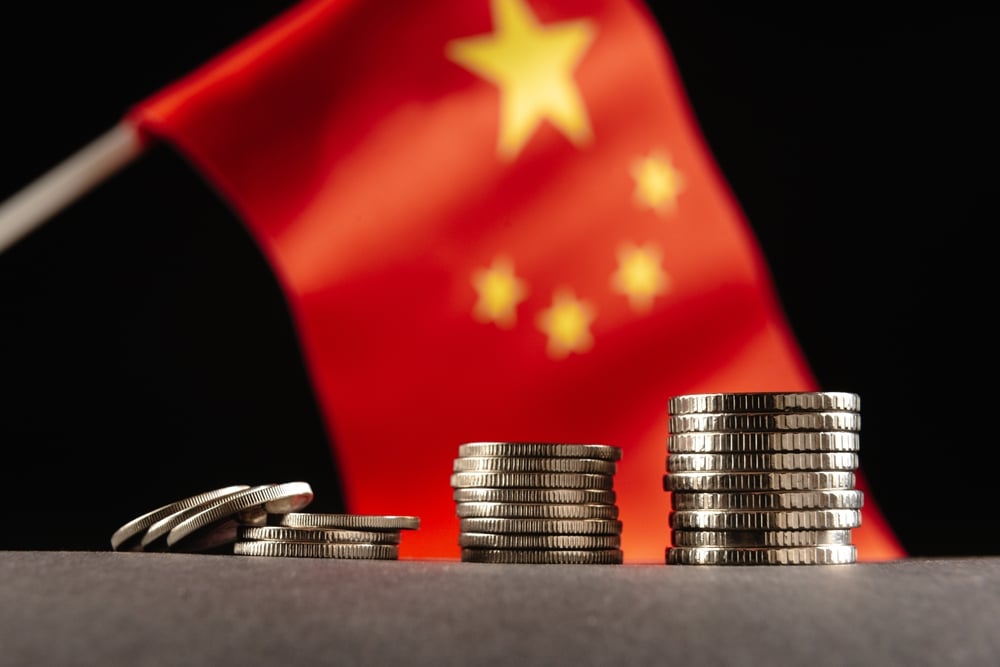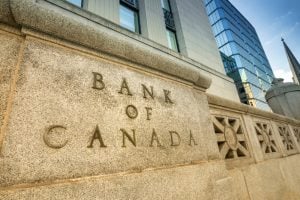China is confidently targeting a 5% GDP growth for 2024, bolstered by recent fiscal and monetary policy adjustments aimed at stimulating the economy. At the recent World Bank Development Committee meeting, Vice Minister of Finance Liao Min outlined a series of proactive measures to support the country’s economic stability, drawing attention to China’s renewed focus on counter-cyclical fiscal adjustments and strategic investments. With this approach, the Chinese government hopes to sustain economic growth in the fourth quarter and restore market confidence.
China’s Pro-Growth Strategy for Economic Stability
As China works to meet its growth target, Vice Minister Liao Min detailed the country’s dual approach of monetary policy adjustments and intensified fiscal measures. “These measures aim to leverage government spending to stimulate overall social investment and consumption, thereby increasing effective market demand,” Liao explained. This includes tackling local government debt, supporting the real estate sector, and increasing incomes for key social groups.
One significant fiscal strategy includes a new debt relief package for local governments. Announced earlier this month by Finance Minister Lan Fo’an, this package involves raising the national debt ceiling to reduce hidden debts and mitigate financial risks. Analysts view this move as critical for stabilizing China’s economic framework, especially amid global economic uncertainties.
Monetary Policy Measures for Financing and Market Confidence
China’s central bank, the People’s Bank of China (PBC), has signaled further cuts to the reserve requirement ratio (RRR) for financial institutions. This comes after a recent RRR reduction of 0.5 percentage points in September. PBC Governor Pan Gongsheng noted that additional cuts of 0.25 to 0.5 percentage points may be considered by year-end, depending on liquidity needs. This reduction aims to improve financing access for businesses and support China’s real estate sector, which has faced significant challenges in recent years.
Economist Yang Delong from First Seafront Fund emphasized the role of these policies in fostering market confidence. “We expect that in the fourth quarter, the Chinese economy will continue to warm up, and market confidence will gradually be restored,” he said, stressing that these monetary and fiscal measures are essential for economic momentum.
Reforms and Global Cooperation with the World Bank
At the World Bank’s Development Committee meeting, Liao also endorsed ongoing reforms under the leadership of World Bank President Ajay Banga. He expressed support for the 2025 shareholder review, which aims to modernize the governance structure to reflect the evolving global economy. Liao stated that China will contribute to the International Development Association’s 21st replenishment, demonstrating China’s commitment to global economic cooperation and development.
According to Liao, these reforms align with China’s broader objectives of creating a “future-ready” World Bank that better represents today’s economic landscape. This cooperation underscores China’s belief that international collaboration will play a pivotal role in achieving both domestic and global growth targets.
Analysts and Global Institutions Raise China’s Growth Forecasts
China’s proactive approach to economic stability has not gone unnoticed by the international community. Recent adjustments in China’s fiscal and monetary policies have led institutions like Goldman Sachs to increase their growth forecast for China from 4.7% to 4.9% for 2024. Experts like Wang Peng, a research fellow at the Beijing Academy of Social Sciences, view China’s policy stance as a strong indicator of the government’s dedication to sustainable, high-quality growth.
Wu Chaoming of Chasing Research Institute echoed this sentiment, pointing out that the fourth quarter should see a further economic uptick due to China’s robust policy implementation. As Wu noted, the combined efforts of fiscal and monetary policies are expected to elevate market confidence and spur growth across various sectors.
Navigating Challenges with Incremental Policy Measures
Despite positive indicators, China faces internal and external pressures, from local government debt issues to trade tensions. However, recent incremental policy measures aim to offset these challenges. Liao Min stressed the importance of managing debt and stabilizing sectors critical to growth, such as real estate and infrastructure.
The Ministry of Finance is actively exploring avenues to boost household income, improve public welfare, and drive the replacement of outdated equipment to promote consumption. These efforts form part of China’s long-term strategy for sustained economic growth and represent a balance between short-term stimulus and sustainable development.
China’s commitment to achieving its 5% growth target reflects a strategic blend of fiscal and monetary policies aimed at stabilizing and stimulating the economy. With increased government spending, supportive monetary policies, and strong international cooperation, China is focused on not only bolstering domestic growth but also contributing to global economic stability. As China continues its pro-growth policy rollout in the fourth quarter, analysts remain optimistic that these targeted efforts will pave the way for sustained economic resilience and prosperity.






















